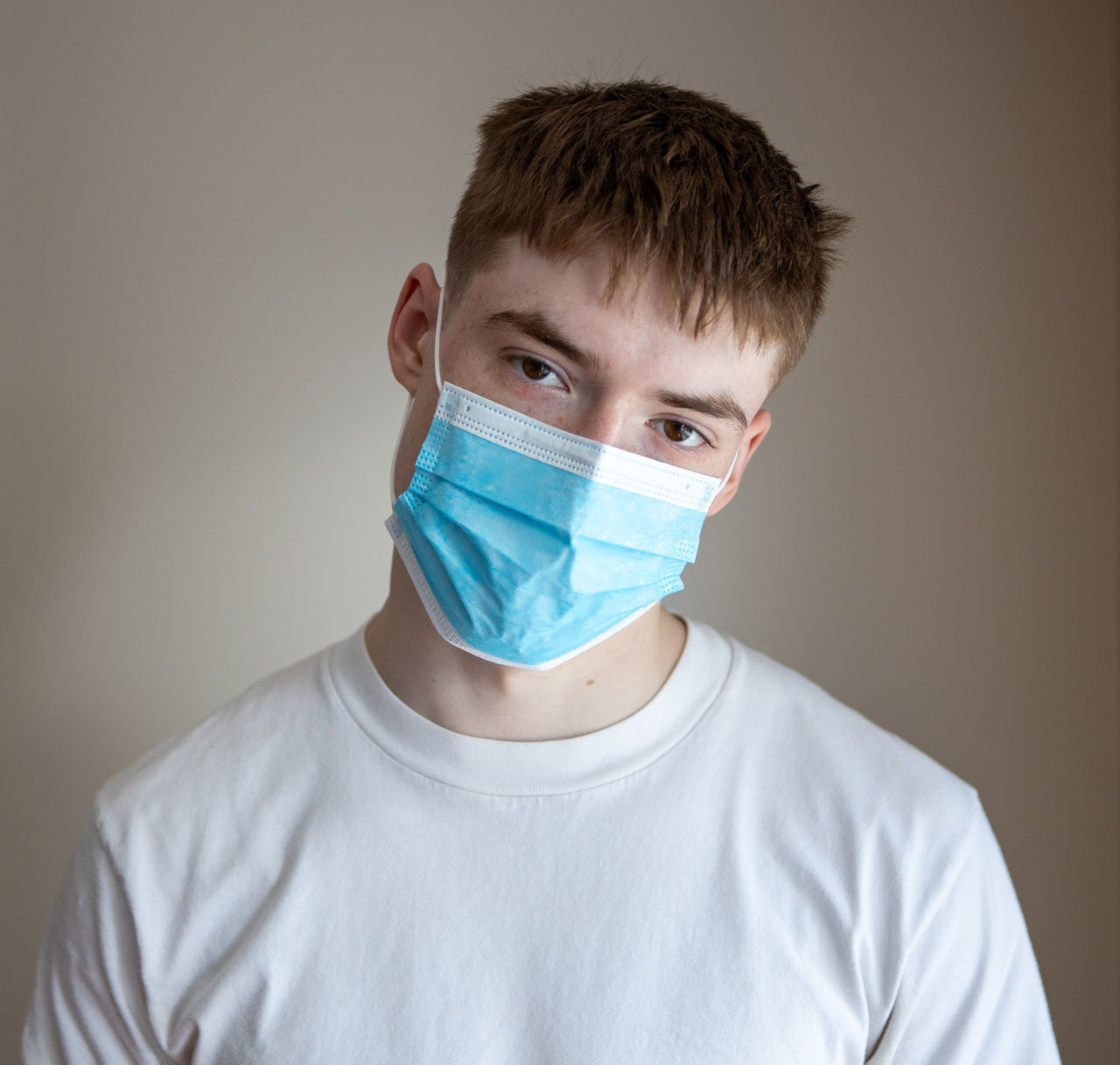Playing a musical instrument requires dedication, commitment, and a love for music that shows through an artist’s playing. However, hidden dangers can lurk underneath an instrument’s beauty, particularly for instrumentalists.
This is because long hours of practice and playing sessions in poorly-ventilated rooms can affect their health, leading to upper respiratory tract infections such as pneumonia.
What is Pneumonia?
Pneumonia is a serious infection that inflames the air sacs in one or both lungs. It can be caused by a bacterial, viral, or fungal infection and, depending on the severity, can require hospitalization.
The symptoms of pneumonia can include fever, cough, phlegm-producing, difficulty breathing, chest pain, sweating, and sometimes gastrointestinal symptoms.
What Causes Pneumonia in Instrumentalists?
Although pneumonia can be caused by a wide variety of factors, instrumentalists, especially wind instrument players, are at greater risk of developing pneumonia.
This is because as they play their instruments, they are inhaling and exhaling air at a rapid pace, which is more likely to create an environment for bacterial growth in the respiratory tract.
Pneumonia can also be caused by environmental factors, such as playing an instrument in a cold and damp place, or sharing a musical instrument with other players.
Therefore, it is important for instrumentalists to take necessary precautions to reduce their risk of infection.
Preventing Pneumonia in Instrumentalists
Fortunately, the risk of pneumonia in instrumentalists can be significantly reduced by following some simple measures, including:.
- Practice in a well-ventilated room: Poor ventilation in practice rooms can result in the buildup of bacteria and other microorganisms, making it easier to contract pneumonia. A well-ventilated room helps to circulate fresh air, making it harder for bacteria to thrive.
- Regular cleaning of musical instruments: Regularly cleaning musical instruments is essential to prevent the growth of bacteria. Disinfecting the instruments after each use especially when sharing with other players can eliminate bacteria and other microorganisms.
- Practicing good hygiene: Wash your hands frequently and avoid touching your eyes and mouth while playing.
- Stay healthy: Maintaining a healthy lifestyle, eating a healthy diet, and getting enough exercise will help to boost your immune system and lower the risk of infection.
Treatment of Pneumonia in Instrumentalists
If you suspect that you have pneumonia, it is important to seek medical attention as soon as possible. Early detection and treatment are essential to prevent the infection from becoming severe.
Your doctor may also prescribe antibiotics to help fight the infection, along with rest, fluids, and other supportive care.
Conclusion
Playing a musical instrument can be incredibly rewarding, but it can also pose some risks, especially to the respiratory tract of instrumentalists.
By taking preventative measures to reduce the risk of pneumonia, instrumentalists can safely enjoy playing their instruments and minimize their risk of infection and hospitalization.































